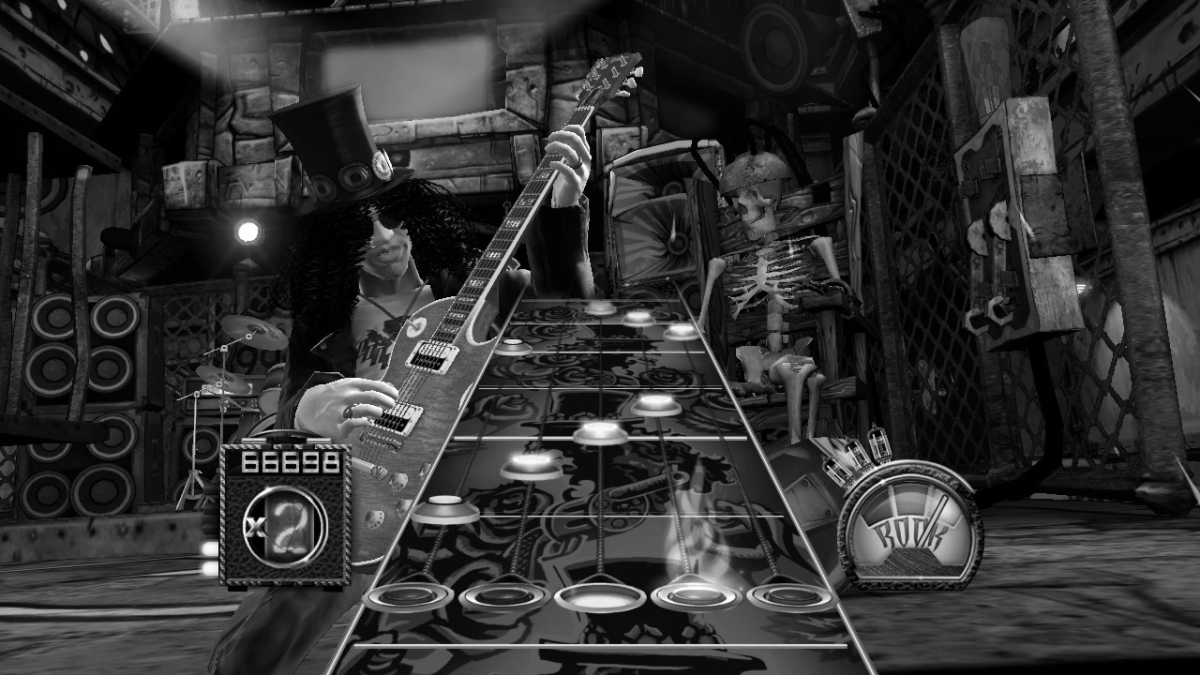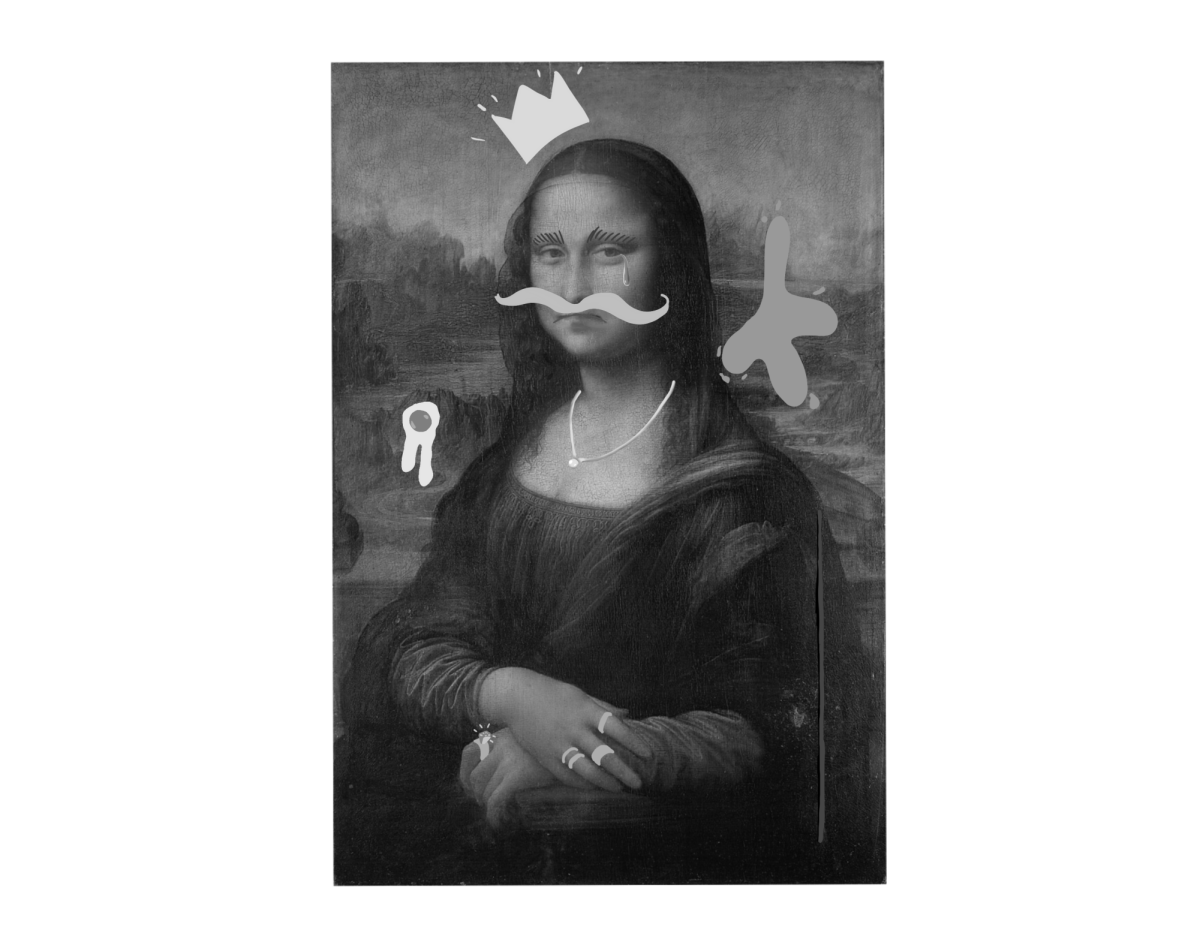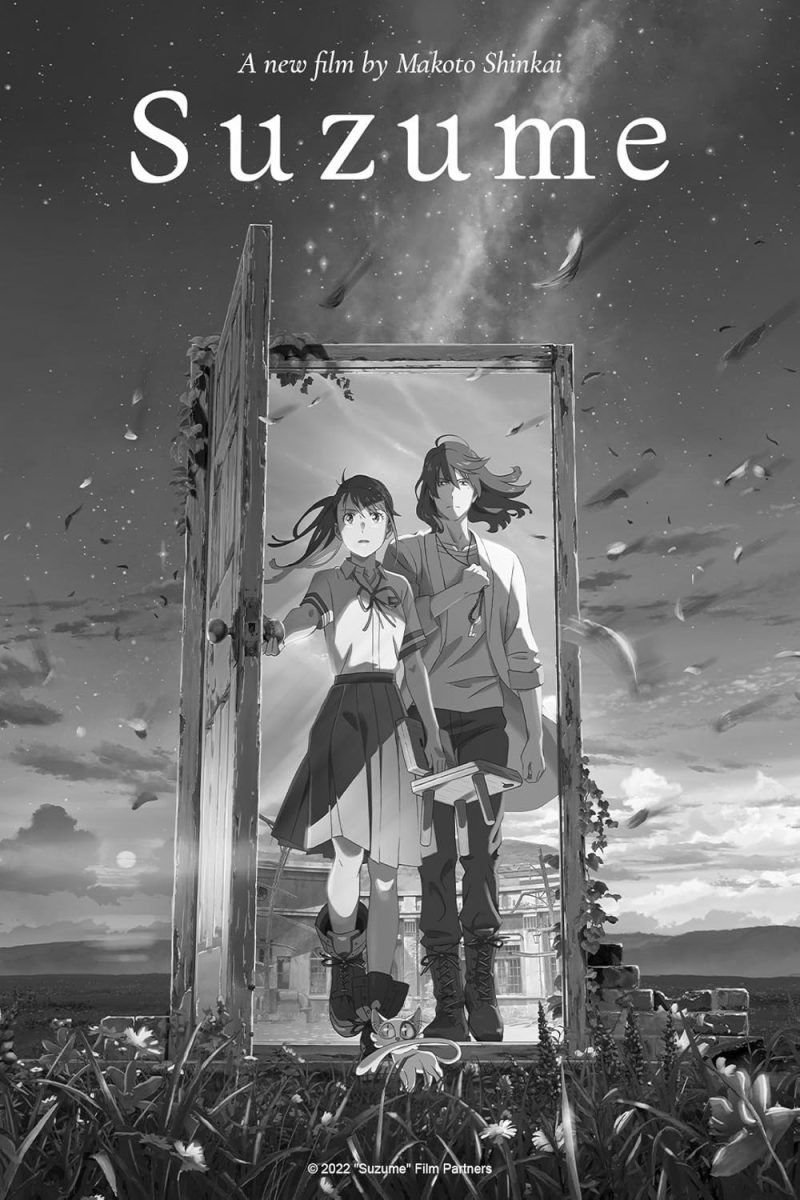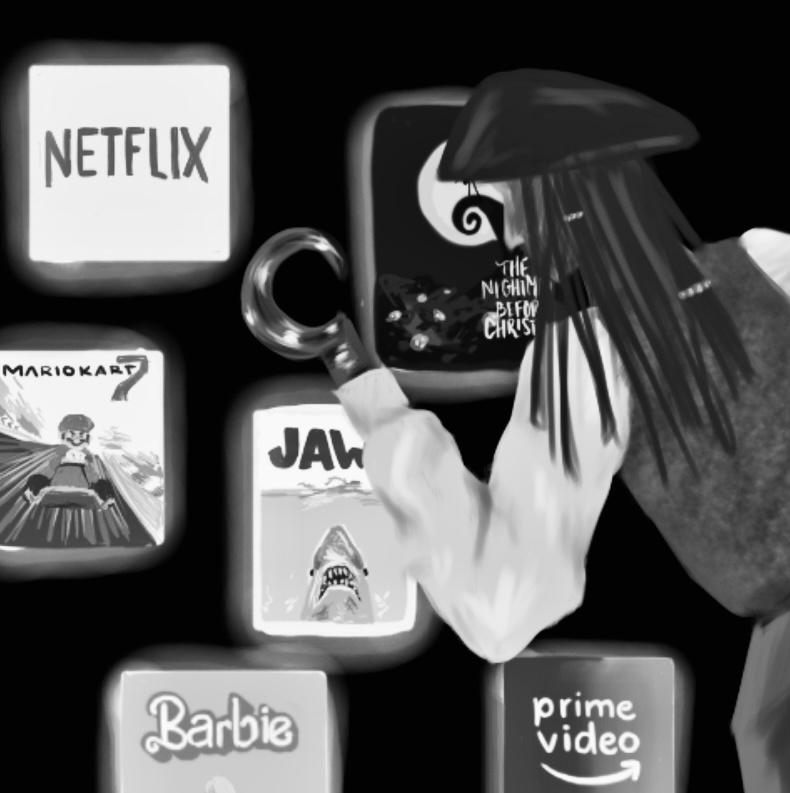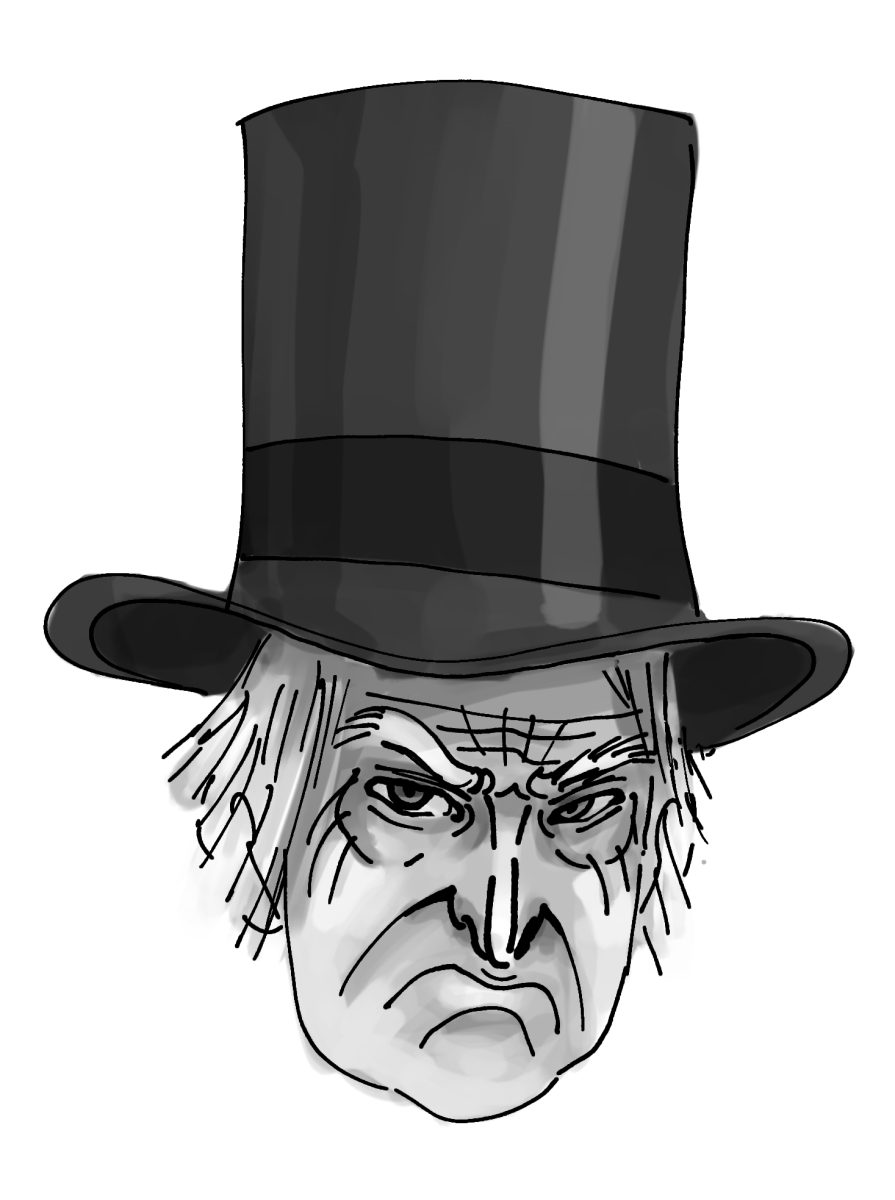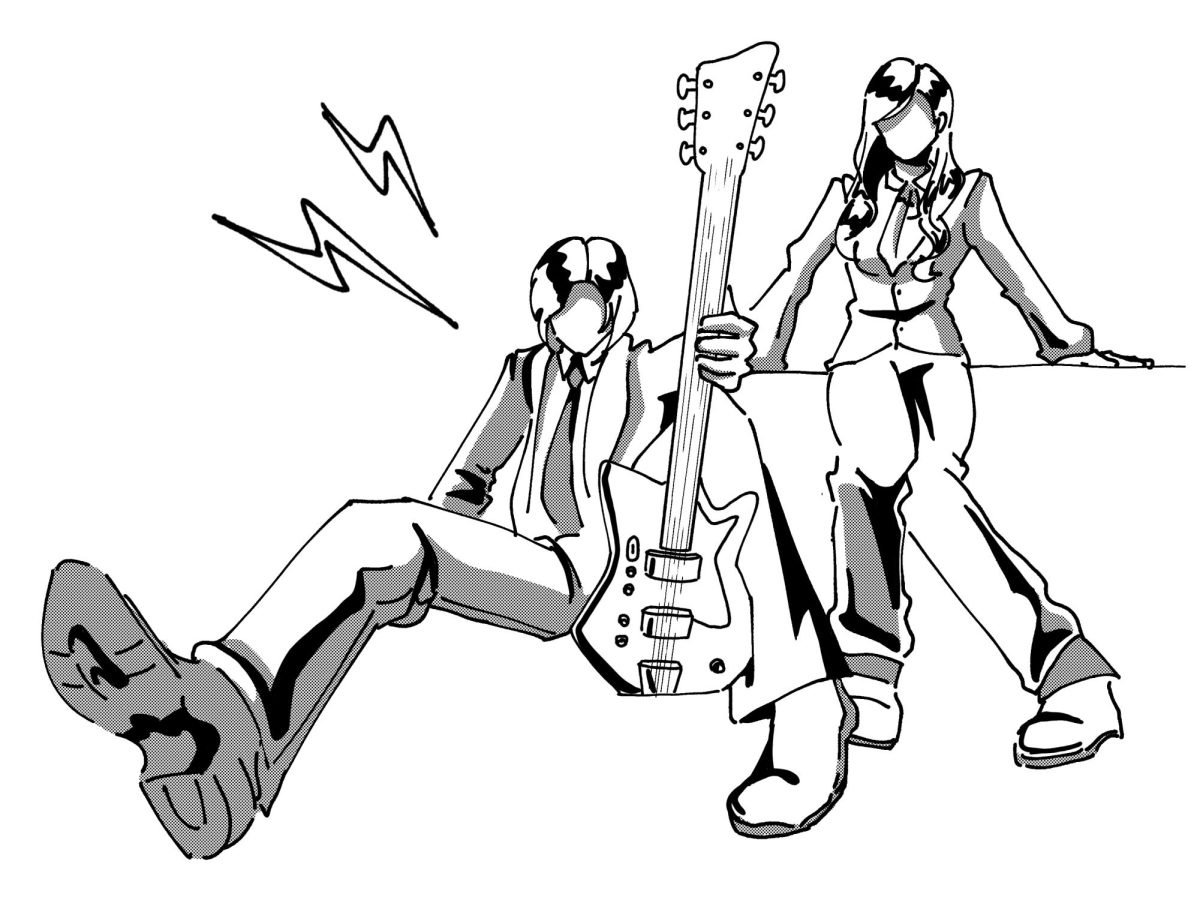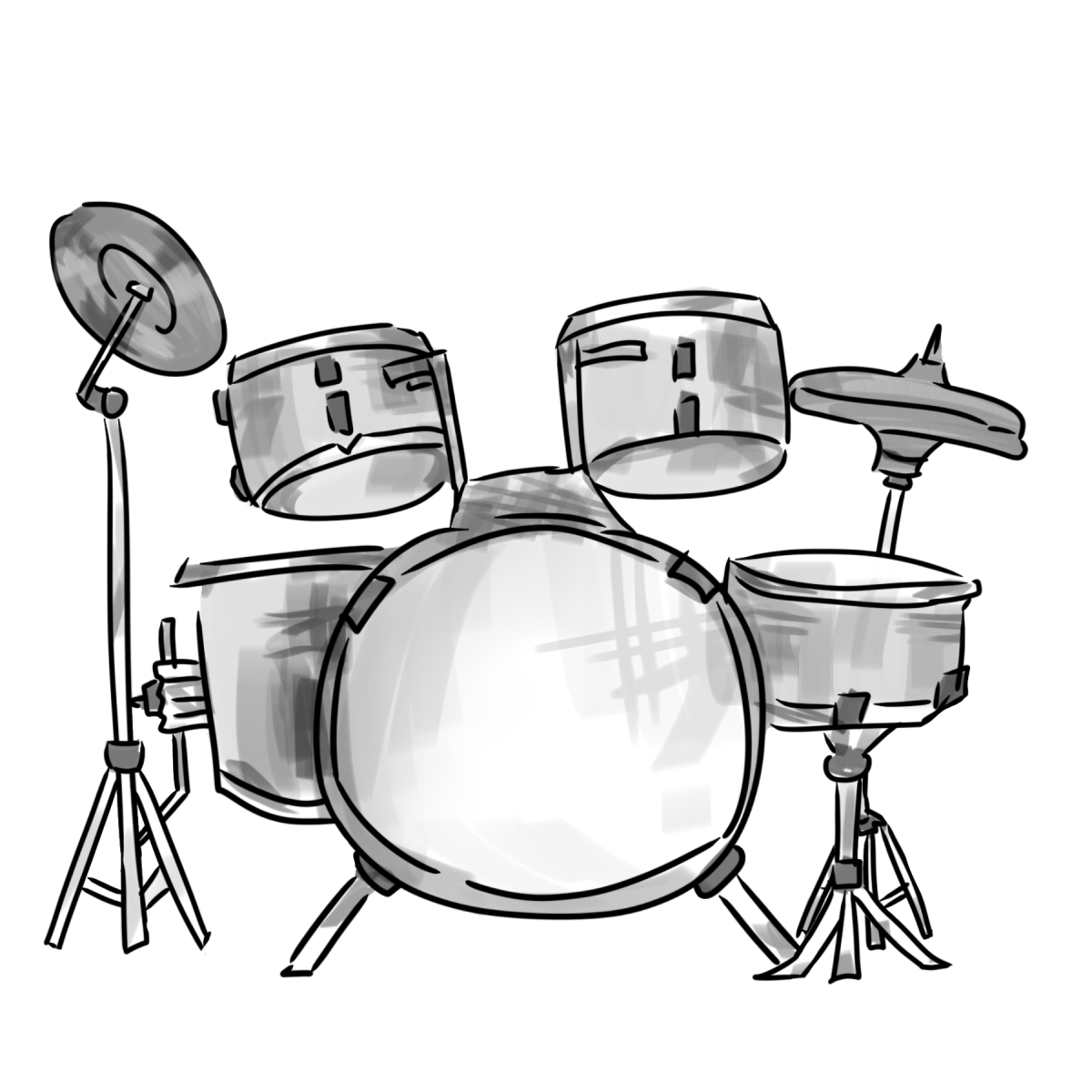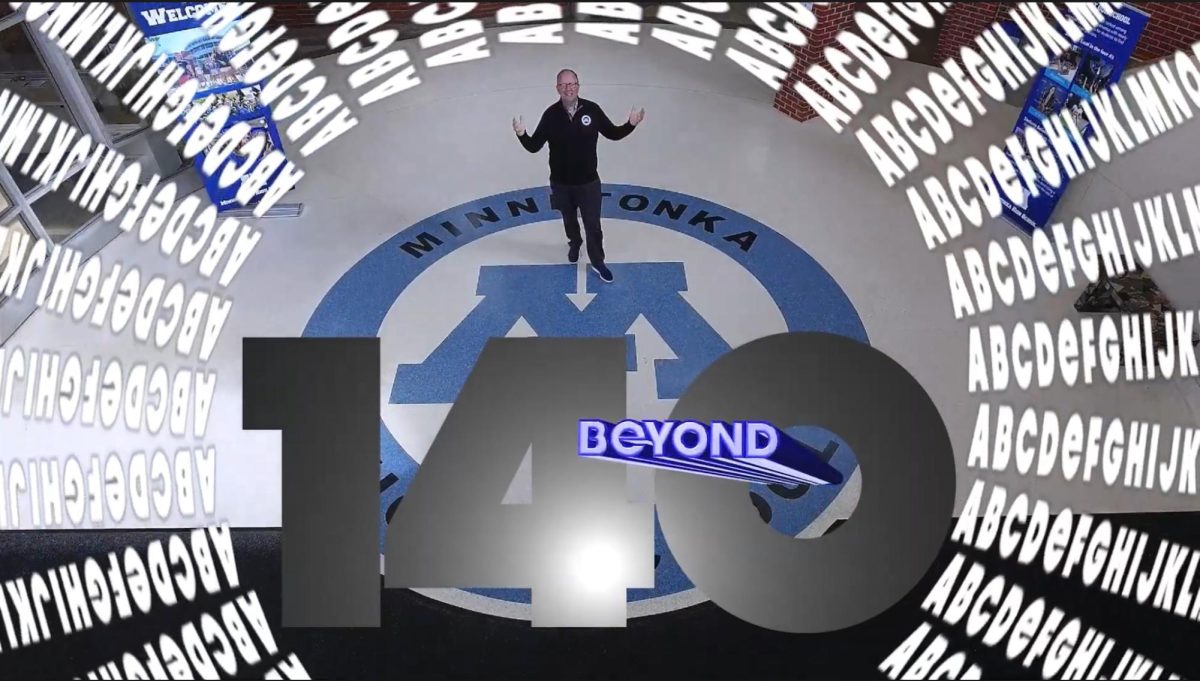A rhythm game can be described as video game with heavy emphasis on music. While somewhat up for debate, the creation of the subgenre is generally credited to early 1970s in Japan. Like many early console games, rhythm games began as coin-op games in arcades. While some contenders for the elite title of “the first” rhythm game are classics like Beatmania and Dance Dance Revolution, its actually a much smaller game that started it all.
First released in 1996, PaRappa The Rapper combines original rap songs and timing-based mechanics. The game stars a rapping cartoon dog who has to sing through six unique songs to win the girl of his dreams. While this game might seem like a commercial flop due to its small worldwide audience and…interesting plot line, PaRappa The Rapper garnered momentus success in Japanese markets with over 1.47 million copies sold across the country. For comparison, a similarly revolutionary game for its time, Space Invaders sold about 2.5 million copies across the United States of America at its release date.
Rocketing off of the success of PaRappa The Rapper, the game company Konami would go on to create Dance Dance Revolution, the product credited for rhythm games’ worldwide outreach.
Although clearly musically focused games like Beat Saber and Guitar Hero can be put into the rhythm game box quite easily, many other games with rhythmic elements aren’t as clear. The classic mobile game Geometry Dash commonly falls into this category of having musical aspects, but not always having the gameplay rhythmic element. Rhythm games also have a unique quality of being able to easily intermix with other game genres. More modern games like Hi-Fi Rush and KickBeat combine rhythm and combat genres to bring both audiences together to create a unique playing experience.
Rhythm games are not dead. Due to their broad definition, it’s not hard to create entirely new concepts and gameplay to add to the ever expanding gaming world.
Modern rhythm games such as Friday Night Funkin’, Trombone Champ, and osu! continue to appeal to the mainstream and highlight their value.
Whether it’s rapping along with a cartoon dog or playing guitar for a virtual audience, rhythm games show that music and gaming aren’t mutually exclusive and can combine into something that everyone can enjoy






























